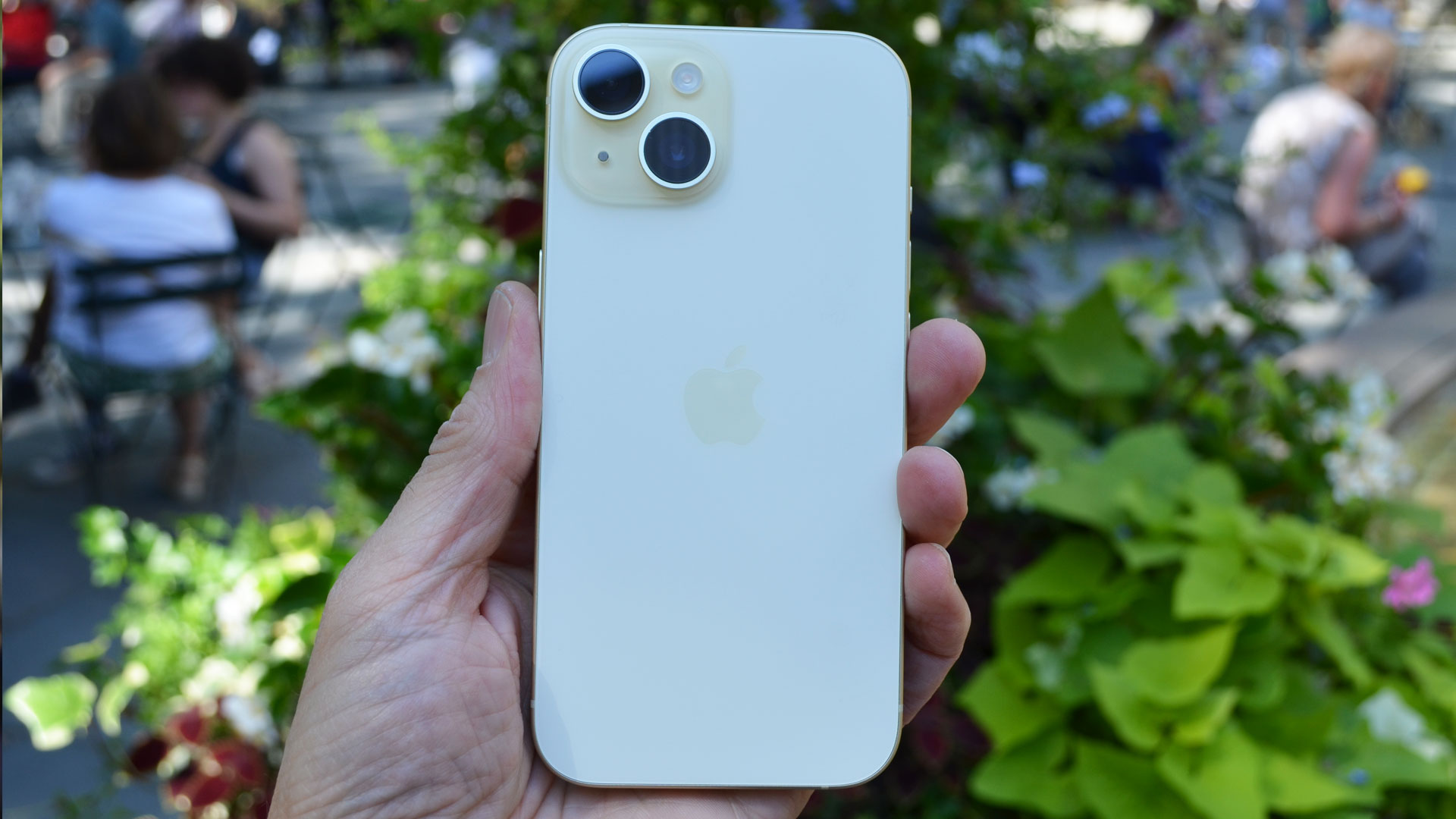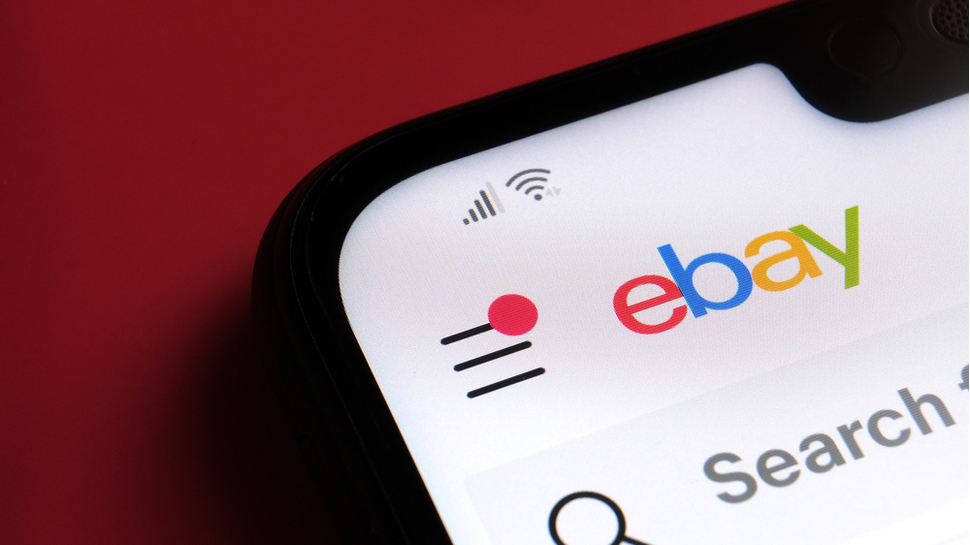Should you buy a pre-owned phone this Black Friday? It depends on what you're looking for
Plus the difference between pre-owned, renewed, and refurbished

Here on the TechRadar phones desk, we report on the latest and greatest in mobile tech, from the best iPhones to the best Android phones. All of our phone reviews are based on factory-new devices, but it’s equally possible to score a great deal on a pre-owned handset.
With Black Friday fast approaching, many savvy customers are sure to turn to second-hand options to score even bigger discounts than phone makers and third-party retailers might offer.
And, as TechRadar contributor Thomas Deehan recently found, a second-hand phone can bring just as much joy as a new phone if you know what to look out for.
But buying a second-hand phone isn’t always as straightforward as getting a new one. On sites and marketplaces like BackMarket, eBay, and Amazon, you’ll come across a variety of suffixes and descriptors like "used", "renewed", and "refurbished", all of which mean something slightly different.
So, ahead of the Black Friday deals and Cyber Monday sales season, I’ve broken down the difference between different kinds of pre-owned phones and named the best places to pick one up – as well as asking whether it’s worth going pre-owned in the first place.
Keep reading for our pre-Black Friday recap on everything you need to know about buying a second-hand phone.
Used, renewed, and refurbished

A note for UK readers: Second hand stores like CEX may let you inspect devices in person, but you should consider making your final purchase online to benefit from better return policies. Online purchases can be returned within 14 days via the original payment method due to legal protections, wheras in-store policies can be much more restrictive.
The first thing to note about buying a second-hand phone is that condition can vary quite wildly. Terms like used, renewed, and refurbished all suggest some level of guarantee when it comes to condition, but even within these categories condition can vary quite wildly. It’s important to check the guidelines for each retailer and marketplace before making a purchase.
Sign up for breaking news, reviews, opinion, top tech deals, and more.
Typically, “used” is the broadest of the three, and can refer to any pre-owned device for sale, even if some faults are present. A used phone could have been unboxed a few days ago, or it could be a years-old handset with a cracked screen and a worn-down battery – it’s up to you as the buyer to check the product photos and description to inform your decision.
Just on principle, I'd recommend looking for listings with a good number of well-lit and detailed product photos, a detailed written description that lists any flaws, and a price point that seems neither too cheap or too expensive compared to similar listings.
“Refurbished” on the other hand means that the phone has undergone some level of repair to bring it up to a certain standard for resale. If that sounds a bit vague, it’s because each marketplace and retailer has different standards for refurbishment, and “refurbished” isn’t a singularly defined term in US, UK, or Australian consumer law.
On Amazon specifically, you’ll notice phones labelled as “renewed” – these are refurbished products sold under the company’s own guidelines and ranking system, though not all orders originate from Amazon itself. That’s something to keep an eye out for, considering that Amazon is a major source of tech deals during Black Friday.
In general, you can expect refurbished phones to come with no obvious functional faults and less striking cosmetic flaws than you might see on a device labelled as “used”.
Earlier this year, I highlighted three great places to go looking for second-hand phones, and I stand by them now: these are the Apple Certified Refurbished store, which offers comprehensively refurbished devices with genuine Apple parts, eBay, which has strong buyer protections in place, and BackMarket, which uses a clear and comprehensive grading system for device condition.
Pre-owned phones: pros and cons for Black Friday buyers

So, now that we’ve gone over what to look for, is it actually worth going to the trouble of buying a second-hand phone? The short answer is it depends on what you’re looking for. If value for money is paramount, and you’re not too fussed about cosmetic condition and are willing to deal with the possibility of shelling out for repairs sooner than you’d have to with a new phone, then going second-hand could be a good fit for you.
The reason I mention repairs is that warranty, like condition grading and price, varies by retailer and marketplace. If you’re going in for a second-hand phone, you should be reading as much small print as you can stomach to make sure you know what that discount price is offset by.
During Black Friday we’re bound to see some truly wild deals on new phones — last year plenty of the best phones were discounted by hundreds of dollars (or pounds for my fellow Brits). It’s worth weighing up whether the manufacturer's warranty and the extended lifespan of a new phone could make holding out for a discount on a new handset worthwhile.
And no matter where you shop, always complete your transaction through a verified payment method that’s covered by your chosen outlet’s return and refund policies – that way you’ll have a better chance at avoiding scams and getting a second-hand phone that lives up to your expectations.
Have you ever bought a second-hand phone? Tell us about your experience in the comments below.
Follow TechRadar on Google News and add us as a preferred source to get our expert news, reviews, and opinion in your feeds. Make sure to click the Follow button!
And of course you can also follow TechRadar on TikTok for news, reviews, unboxings in video form, and get regular updates from us on WhatsApp too.

Jamie is a Mobile Computing Staff Writer for TechRadar, responsible for covering phones and tablets. A lifelong tech-obsessive, Jamie began his writing career as a music blogger before studying journalism at Goldsmiths College, and joined TechRadar in 2024. He thinks the iPhone 5S is the greatest phone of all time, but is currently an Android user.
As well as reporting on the latest in mobile hardware, software, and industry developments, Jamie specialises in features and long-form pieces that dive into the latest phone and tablet trends. He can also be found writing for the site's Audio and Streaming sections from time to time, or behind the decks as a DJ at local venues around London.
You must confirm your public display name before commenting
Please logout and then login again, you will then be prompted to enter your display name.